We are excited to announce the following speakers:
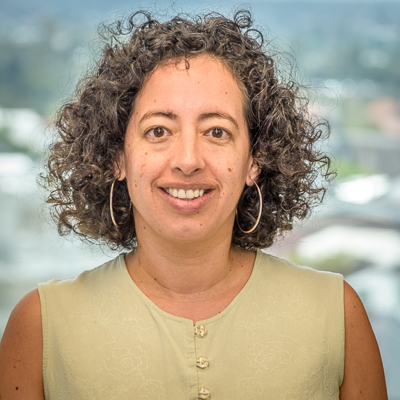
Cristina is the Director of Oracle Labs Australia and an Architect at Oracle. Headquartered in Brisbane, the Lab focuses on Program Analysis as it applies to finding vulnerabilities in software and enhancing the productivity of developers worldwide.
Fun fact: Cristina’s PhD work led to dcc, a decompiler for 8086 .exe binaries.
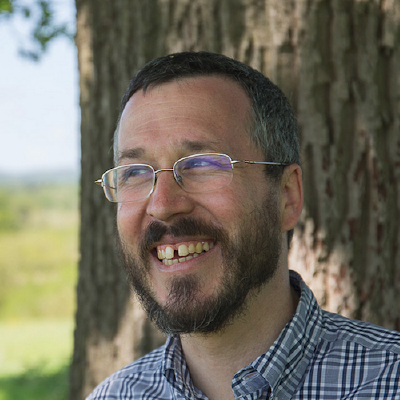
Sylvan works on programming languages, type systems, garbage collection, runtimes, compilers, security, and confidential distributed computing. He created the Pony language.
Fun fact: MADV_DONTNEED (Linux) or a MEM_DECOMMIT/MEM_COMMIT pair (Windows) will zero page aligned memory faster than memset.
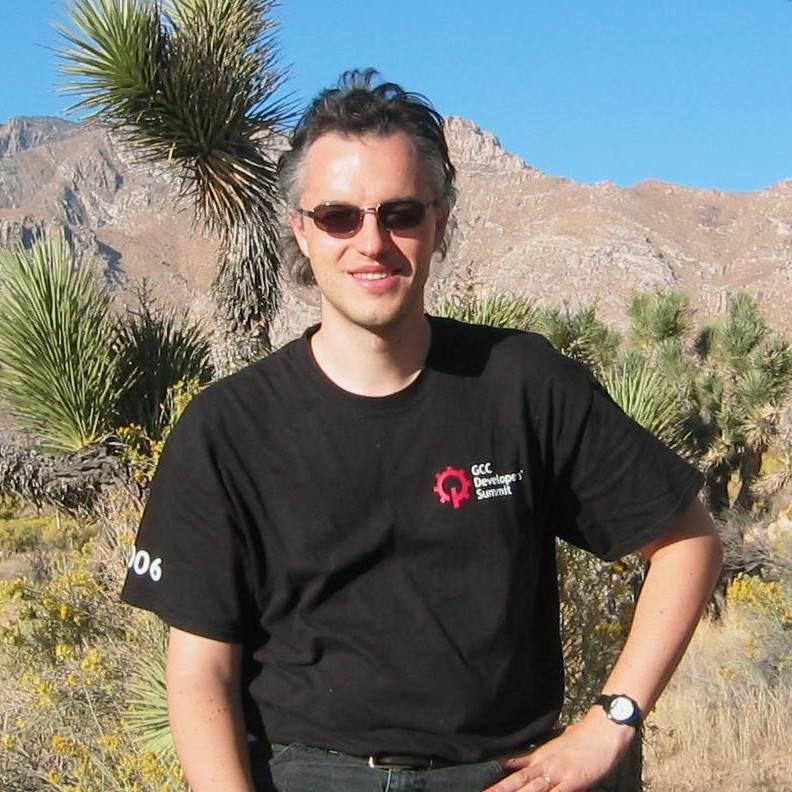
Albert enjoys exploring the design and implementation of parallelizing and optimizing compilers, parallel programming languages, and synchronous programming for embedded systems. He is most well known for contributing to polyhedral modeling techniques and their application to compilation, but his true love is the broader art of intermediate representations.
Fun fact: Albert developed the Tuareg Emacs mode for OCaml before working at (((lambda (k) ('à . (I . (N . (R . (I . (A . ()))))))) (lambda (k) (('à . ('l . ('\' . 'INRIA)))) (lambda (k) (('à . 'Inria) . k)))) '"for 18 years") then seized the opportunity to leave this dynamic (type) world and its administrative (normal) forms to explore industry research.

Arjun enjoys applying ideas from programming languages to tackle problems in several domains, such as web security, systems, and networking. He claims to prefer functional programming, but his research projects invariably involve JavaScript or low-level systems code.
Fun fact: Arjun believes strongly in dental hygiene for all.
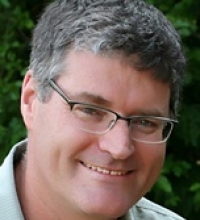
Tony Hosking is a professor of computer science at the Australian National University, contributing also as a researcher with Data61. He also consults frequently in intellectual property litigation as a technical expert. He studied computer science at the University of Adelaide, the University of Waikato, and the University of Massachusetts at Amherst, receiving BSc, MSc, and PhD degrees, respectively. His research interests lie in the area of programming language implementation, and he works on problems arising in object persistence, object databases, distribution, memory management (garbage collection), managed language runtimes, language virtual machines, optimizing compilers, and architectural support for programming languages and applications.
Tony is a Member of the IEEE and Life Member of the Association for Computing Machinery, and was named a Distinguished Scientist of the ACM in 2012. He is co-author of the primary reference work for automatic memory management The Garbage Collection Handbook, which has been translated from the original English to both Japanese and Chinese!
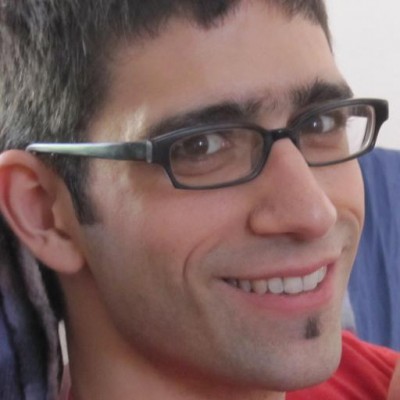
Nicholas Matsakis ("Niko") works on the Rust programming language, focusing mostly on the compiler and language design, but with occasional forays into other things.
Fun fact: Niko would like to recreate the Borland Turbo Pascal IDE someday.
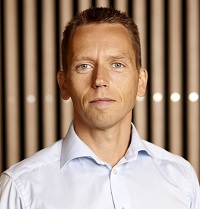
Anders works on static and dynamic program analysis, mostly for JavaScript and Java.
Fun fact: Anders did not participate in the 2007 World Championships in Atletics.
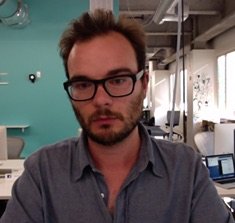
Joe Pamer is an Engineering Director at Facebook, and has spent the last two decades developing cutting-edge compilers, programming languages, and IDEs across industry and academia. Before joining Facebook to help lead their programming language efforts, he was instrumental in the design and development of the F#, TypeScript, and Swift programming languages, and has contributed to many other major developer technologies ranging from .NET to VSCode to Clang. His current mission is to radically improve the way we approach developer tooling and infrastructure by applying machine learning techniques to every link in the developer toolchain.
Fun fact: Joe once slept through a blimp crashing in his backyard. (Thankfully, no one was hurt!)
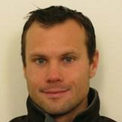
Ben L. Titzer leads Google's WebAssembly team in Munich. Before starting the WebAssembly project with Luke Wagner from Mozilla, he led the team that built the TurboFan optimizing compiler which now powers JavaScript and WebAssembly in V8. He graduated with a BS from Purdue University in 2002 and MS and PhD from UCLA in 2004 and 2007. His interests include safe programming languages for systems programming, compilers, virtual machines, nature and playing guitar.
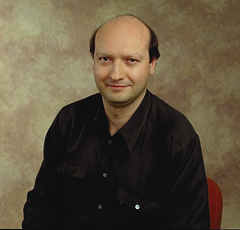
Mario Wolczko is an Architect in Oracle Labs. His research interests include language implementation with an emphasis on virtual machines, computer architecture and memory systems design, garbage collection, object oriented programming languages and performance instrumentation.
Fun fact: My uncommon, hard-to-spell surname is the result of a bureaucratic transcription error.